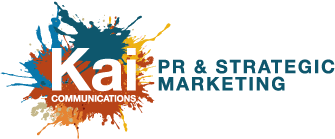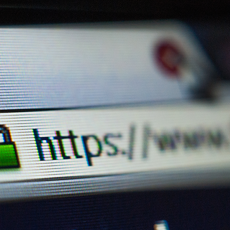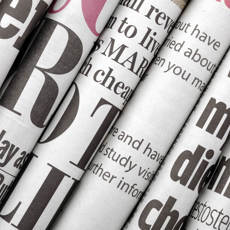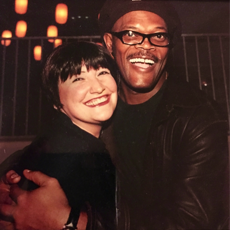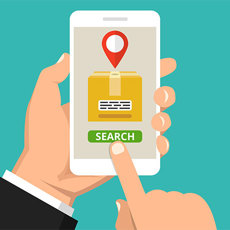PR is less London-Centric Since The Pandemic – What Else Has Changed?
Kai Communications

March 2020 changed everything for everyone. Businesses had to navigate new ways of working to ensure success, both remote and hybrid, and the PR and journalism industries were no different. With the challenges of COVID focused news, remote working and job losses, PR had to adjust and discover new ways of communicating with journalists who were mostly no longer working in the office.
Working from home and a world of video calling required many adaptations, flexibility and understanding. Who would have thought that someone’s child appearing in the middle of a Zoom call would be completely acceptable, or you could stop an important call as your Sainsbury’s delivery had just arrived? The pandemic created new ways of working and communicating for PR; some changes are here to stay, whilst others will be left behind as a distant memory.
What is the new ‘normal’ in PR?
- Increased virtual events. Zoom calls have increased connectivity within the PR world, making insightful events accessible to all, creating online communities and increased PR opportunities. As PR has stepped away from a dominating London-centric focus more opportunities have been created for those working outside the Capital’s bubble. Catch up coffees in London have been exchanged for Zoom calls which can now take place between those in different parts of the country or even those in different time zones.
- Setting up interviews. Whilst you might think the default position is to suggest a zoom call when setting up interviews or meetings to discuss content, many of us suffer from Zoom fatigue. More importantly most journalists we have talked to still prefer interviews with our clients to be on the phone, this way they can write endless notes, scribble down ideas and questions without having to look up at a computer screen to make polite eye contact. Ask the journalist what their interview preference is and be as accommodating as you can. Building a positive relationship with a journalist can lead to many other PR opportunities.
- Make sure clients have your office and mobile PR phone number on their website. To be honest this was important pre-pandemic, but post-pandemic having easily accessible contact details has never been more essential. Make sure your clients have updated contact details for your PR business on their website. Also including these number in your email signature is an easy way to highlight your contact details with those that regularly email you.
- The importance of exclusivity. As the media industry is far more competitive generally, journalists increasingly only want to receive exclusive authentic content that nobody else has. Journalists receive hundreds of emails a day, often they won’t even open a press release and just delete if they see its been sent to multiple publications. Instead, create content, or offer up an interview, or an exclusive report on data, that is unique to a publication. Journalists are much more likely to use a story that no one else has.
- Use #journorequest on Twitter. This hashtag is most commonly used on Twitter by journalists to find PR agencies that can provide them with case studies and interviews.
- Time is of the essence. More than ever before, when contacting the journalist, carefully read what they are asking for, they don’t want to be bombarded with irrelevant information as this makes them more likely to ignore your message or email. Only send concise, relevant information. This is the start of you building a relationship with this journalist and if it works well it is likely they will contact you again with any PR enquiries.
- Be considerate of work hours. With more people than ever working from home, distinguishing a boundary between work hours and personal life has become even more important. Be considerate when contacting journalists and don’t presume you’ll get an immediate response. You can even go as far as ask journalists when their working hours are and only contact them during these hours. This way it saves you time waiting around for a response as you know they’re likely to respond on certain days, at certain times, and it shows you have taken what suits them into consideration.
 By Mya Mills, Intern at Kai Communications
By Mya Mills, Intern at Kai Communications
